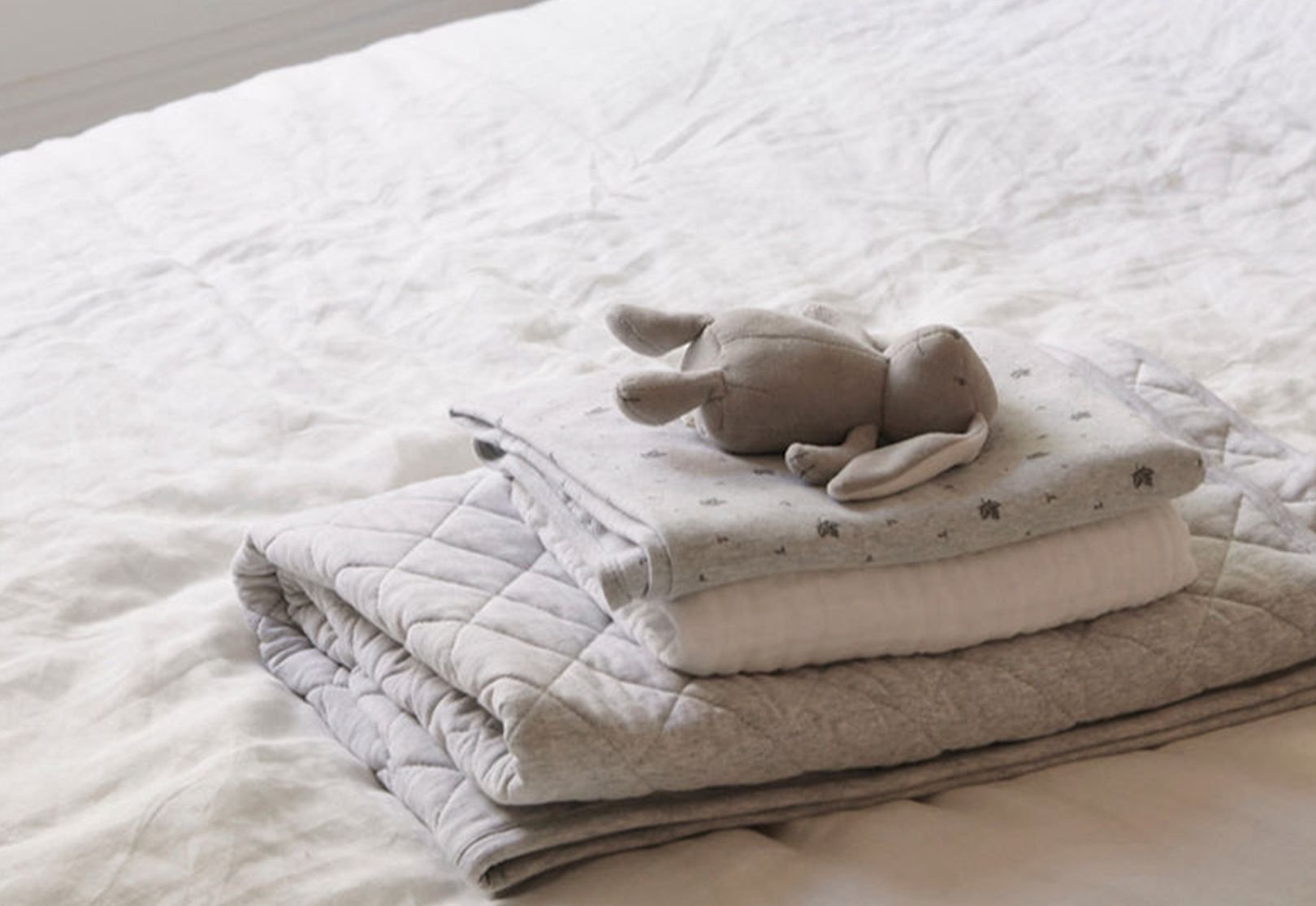You may need around 4-6 baby blankets to ensure you have enough for various situations. Consider factors like how often you plan to do laundry, the climate in your area, and whether you want backups on hand. Having a few extra blankets can come in handy for unexpected spills or changes throughout the day. Let’s dive into the details to help you determine exactly how many baby blankets do you need for your little one’s comfort and convenience.
How Many Baby Blankets Do I Need?
Introduction
Welcome to our guide on determining just how many baby blankets you need for your little one. As a new parent, it’s completely normal to feel overwhelmed by the countless choices of baby gear available. One common question that arises is, “How many baby blankets should I have?” In this article, we will explore this question in detail, taking into account different factors to help you make an informed decision.
Factors to Consider
When figuring out the number of baby blankets you need, several factors come into play. Let’s break down these factors to help you understand how they can influence your blanket needs:
1. Weather and Climate
The weather and climate of your location play a significant role in determining the number of baby blankets required. If you reside in a colder region, you may need more blankets to keep your baby warm and cozy. Conversely, if you live in a warmer climate, you might need fewer blankets for lighter coverage.
2. Laundry Frequency
Another crucial factor to consider is your laundry routine. If you prefer doing laundry frequently, you may need fewer blankets as you can wash and rotate them more often. However, if you prefer doing laundry less frequently, having a larger supply of blankets can be beneficial.
3. Lifestyle and Activities
Your lifestyle and the activities you engage in can also impact the number of baby blankets you need. If you are often on the go or travel frequently, having extra blankets for different settings can be advantageous. Similarly, if you spend most of your time at home, you may require fewer blankets.
Types of Baby Blankets
Before delving into the specific quantity of baby blankets you need, let’s take a look at the various types of baby blankets available:
1. Swaddle Blankets
Swaddle blankets are specially designed for wrapping newborns snugly to mimic the feeling of being in the womb. These blankets are typically lightweight and made from soft, breathable fabrics like muslin.
2. Receiving Blankets
Receiving blankets are versatile and can be used for swaddling, as burp cloths, for laying on the floor for playtime, or covering the baby in a stroller. They are usually made of cotton or flannel and come in various sizes.
3. Sleep Sacks or Wearable Blankets
Sleep sacks or wearable blankets are designed to be worn by the baby during sleep. They provide warmth without the need for loose blankets in the crib, reducing the risk of suffocation. These blankets come in different sizes based on the baby’s age.
Determining the Quantity
Now that we’ve discussed the factors to consider and the types of baby blankets available, let’s address the big question: How many baby blankets do you need? While the exact number may vary based on individual preferences and circumstances, here are some general guidelines to help you decide:
1. Swaddle Blankets
For swaddle blankets, having at least 3-4 on hand is recommended. This allows for a rotation between uses and ensures you have clean blankets available when needed.
2. Receiving Blankets
Receiving blankets are versatile and can serve multiple purposes. Having around 6-8 receiving blankets is a good starting point, as they can be used for various activities throughout the day.
3. Sleep Sacks or Wearable Blankets
The number of sleep sacks or wearable blankets you need depends on how often you do laundry and your baby’s sleep patterns. Generally, having 2-3 sleep sacks in rotation is sufficient.
In conclusion, the number of baby blankets you need ultimately depends on your personal preferences, lifestyle, and specific circumstances. By considering factors such as weather, laundry routine, and the types of blankets you prefer, you can determine the right quantity for your needs. Remember, it’s always better to have a few extras than to find yourself short when you need them most. We hope this guide has helped answer the question of how many baby blankets you need and provided you with valuable insights to make the best choice for your little one. Happy blanket shopping!
How many receiving blankets does a newborn need?
Frequently Asked Questions
How many baby blankets do I need for my newborn?
It is recommended to have at least 3-4 baby blankets on hand for your newborn. This allows you to rotate blankets for washing and have backups in case of accidents.
What factors should I consider when determining how many baby blankets to buy?
Factors to consider include the climate you live in, how often you plan to do laundry, and if your baby has any special needs that require specific types of blankets.
Should I choose different types of baby blankets or stick to one kind?
Having a mix of different types of baby blankets can be beneficial. Consider having receiving blankets for swaddling, thicker blankets for warmth, and muslin blankets for versatility.
How can I balance having enough baby blankets without overspending?
You can balance the quantity of baby blankets by opting for quality over quantity. Investing in a few durable and versatile blankets that can serve multiple purposes can be more cost-effective in the long run.
Final Thoughts
In conclusion, the number of baby blankets you need depends on your lifestyle and laundry frequency. Aim for 3-4 blankets to have enough for rotation and emergencies. Consider factors like climate and baby’s messiness. Having a variety of lightweight and warmer options can be helpful. Ultimately, the key question of “how many baby blankets do I need” is subjective and varies for each parent’s situation.




